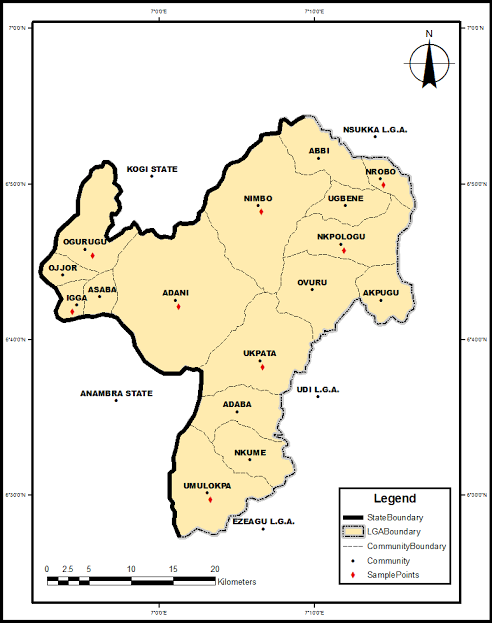Adani, Uzo-Uwani-In the early hours of a seemingly ordinary day, the community of Adani was shaken to its core by an unforeseen massacre that claimed numerous lives and left a scar on the hearts of many. This tragic event has not only drawn global attention but has also raised urgent questions about the underlying causes and the international response.
As we delve into the details of the Adani Massacre, it’s crucial to not only recount the events but also explore the broader implications for regional stability and human rights. This post aims to provide a comprehensive overview of the incident, examine the reactions from different stakeholders, and offer you direct ways to get invol.
Overview of the Incident
According to reports by SaharaReporters and local authorities, suspected Fulani herdsmen launched a violent attack on the local populace of Adani. The immediate response from both the state government and law enforcement has been a mixture of condolences and promises for stringent action, with Enugu State’s Police Commissioner Kanayo Uzuegbu committing to tracking down the perpetrators and ensuring the security of the local community.
Social Impact and Broader Implications
The Adani massacre is not an isolated incident but part of a larger pattern of violence that has afflicted various parts of Nigeria, often linked to disputes over land and grazing rights. Such conflicts have not only led to loss of life but also fostered significant distrust between different ethnic and occupational groups, particularly farmers and nomadic herders.
The social fabric of communities like Adani is deeply impacted by these events. Fear and insecurity lead to reduced agricultural activities, economic downturns, and displacement of families. Furthermore, the perceived inadequacy of government response exacerbates feelings of neglect among affected populations, potentially fuelling further conflict.
Ongoing Developments and Expert Opinions
Experts in African politics and social issues highlight the need for comprehensive strategies that go beyond militaristic security measures. Dr. Amina Mohammed, a scholar in Nigerian ethnic relations, suggests, “Building bridges between communities with governmental and NGO support, implementing fair land use policies, and investing in local peacemaking initiatives are essential to address the root causes of such conflicts.”
Security measures have indeed been ramped up, as demonstrated by the Enugu State government’s efforts, including the deployment of police special squads and the promise of increased surveillance and security. However, critics argue that without addressing underlying issues of land rights and ethnic tension, such measures might only serve as temporary fixes.
How Readers Can Engage and Contribute
For those looking to make a difference, engagement can take multiple forms:
1. Educational Initiatives: Learn about and spread awareness of the complex socio-economic and ethnic dynamics that fuel such conflicts in Nigeria.
2. Support for Victims: Contribute to NGOs that provide aid and legal support to victims of communal violence.
3. Advocacy: Engage with local and international bodies advocating for human rights and conflict resolution.
Conclusion
The Adani incident serves as a grim reminder of the urgent need for effective conflict resolution strategies in regions plagued by communal violence. It calls for a concerted effort from all stakeholders, including governments, communities, and international partners, to foster enduring peace and security. As the situation develops, it is crucial for all actions to be informed by a deep understanding of the local context and a commitment to safeguarding human rights.
